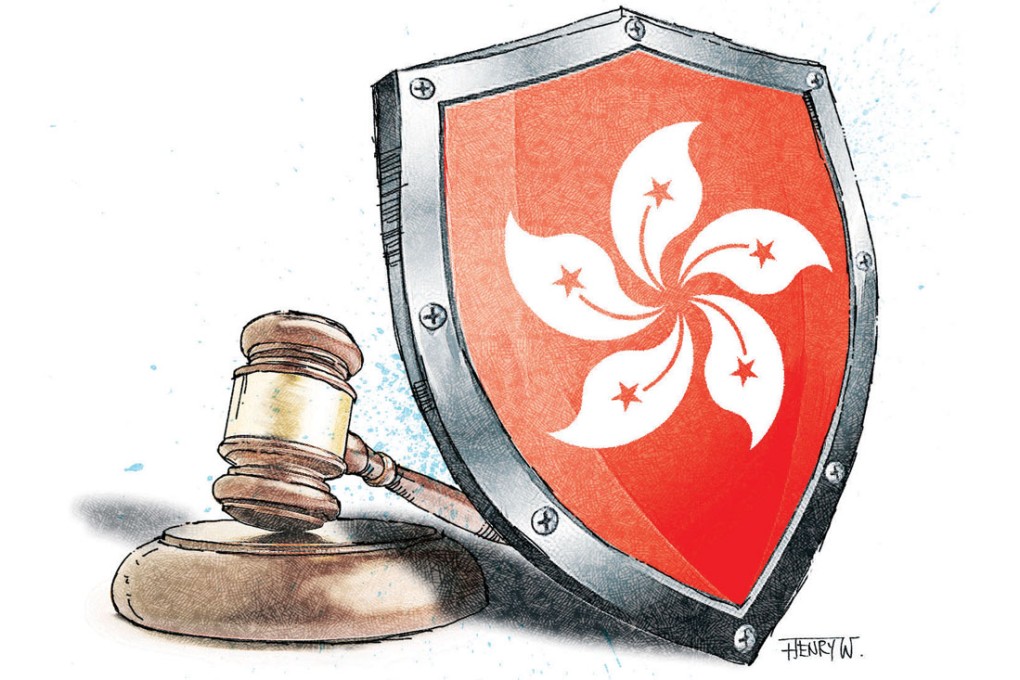Hong Kong's right to resolve its own problems, provided by law, is lost on Leung Chun-ying
Michael C. Davis says the chief executive and his team are failing in their duty to safeguard Hong Kong's high degree of autonomy, as provided by law, to the detriment of the people and Beijing

The Hong Kong government has lately had great difficulty understanding what autonomy is and what its responsibilities are for the high degree of autonomy provided under the Basic Law.
In last summer's white paper, Beijing admonished us that a "high degree of autonomy is not full autonomy".
In his policy address, the chief executive, following Beijing's line, argued that the protester's slogan of "Hong Kong shall resolve Hong Kong's problems" violated the constitution.
The protests in Hong Kong have been driven by the concern that the special administrative region's autonomy is being eroded. In the face of a local government that has been unwilling to defend Hong Kong autonomy, many Hongkongers fear it will be lost and, along with it, the rule of law and other core values. For the protesters, democracy offers the possibility of a government that will represent Hong Kong concerns more effectively in its relationship with the central government.
The word "autonomy" is not very precise. In common understanding, autonomous administration refers to self-government or a degree of freedom from external authority for a particular region in a country.
While autonomy is not addressed much by international law on a general level, it is sometimes addressed by treaty where territory is transferred from one country to another, such as was done for Hong Kong under the Sino-British Joint Declaration.